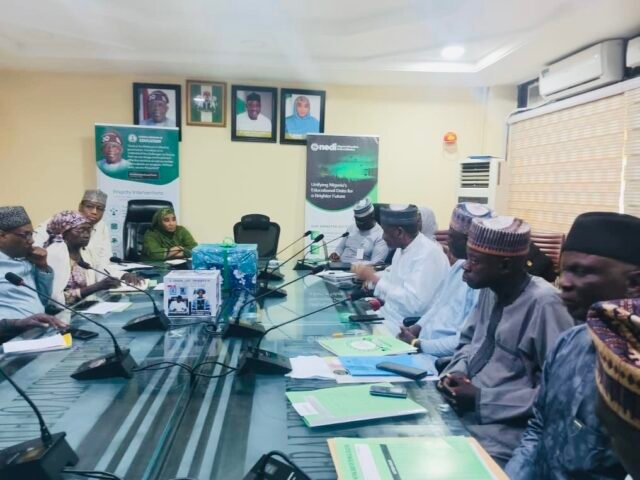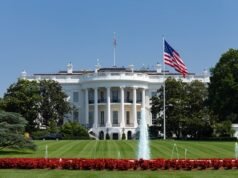When you walk through the buzzing heart of Kaduna’s Panteka market, the sound of hammers striking metal and the sharp scent of welding sparks fill the air. Here, thousands of young apprentices learn by doing, crafting tools, repairing engines, and designing machines from scratch. For decades, this has been one of Nigeria’s best-kept secrets: a vast network of informal training centres that have quietly powered local economies. Now, the Federal Government says it is finally ready to give these hubs the national recognition they deserve.
The government’s plan to formally integrate places like Panteka into the Nigerian Skills Qualification Framework (NSQF) is not just an administrative move—it’s a recognition of the millions of young Nigerians who have built their futures outside the walls of formal classrooms. More importantly, it signals a shift in policy that could redefine how we think about education, skills, and employment in Nigeria.
Table of Contents
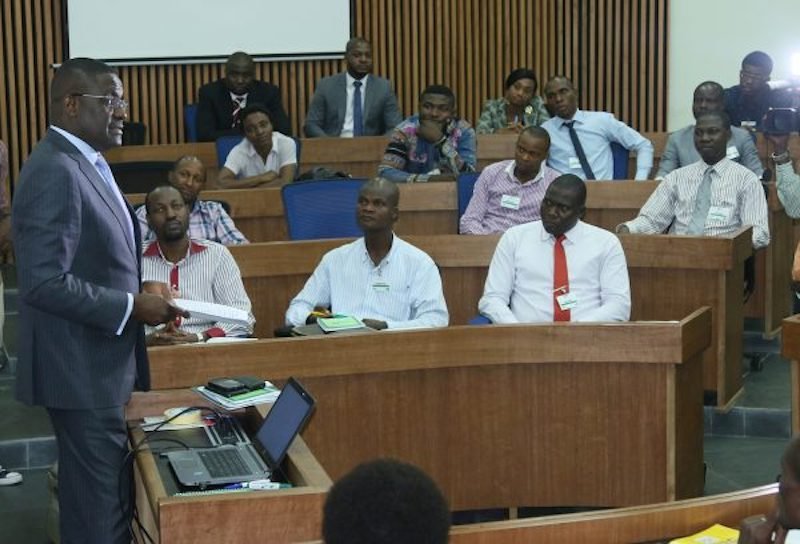
A Lifeline for Nigerian Youths
For many young Nigerians, especially those who cannot afford university education, informal training hubs like Panteka, Ariaria Market in Aba, or Lagos’ Computer Village are lifelines. They offer a chance to learn real, practical skills that can be turned into immediate income.
According to Prof. Idris Bugaje, Executive Secretary of the National Board for Technical Education (NBTE), the Kaduna Panteka alone currently trains over 38,000 apprentices—a population larger than that of Kaduna Polytechnic. Every week, he explained, even during the COVID-19 lockdowns, trucks loaded with Panteka-made products rolled across borders into Niger and Mali.
This is no small feat. These hubs are not just training centres; they are thriving ecosystems of innovation and productivity. Welders, carpenters, mechanics, cobblers, and ICT technicians work side by side, passing skills from master to apprentice in an unbroken chain that has outlived economic recessions, government transitions, and social unrest.
It is why Bugaje insists that “informal hubs are economic treasures.” He is calling on the government to not only recognise them but also fund them adequately so they can compete globally. With the right investment, he believes Panteka could become Nigeria’s equivalent of Germany’s vocational training system—a global benchmark for technical education.
Government’s New Strategy for Skills Development
The announcement came during a meeting in Abuja between the Minister of Education, Dr Tunji Alausa, and the National Association of Pantekas. For the Tinubu administration, this fits neatly into its broader Renewed Hope agenda which places strong emphasis on Technical and Vocational Education and Training (TVET).
The minister revealed that the Federal Government has already accredited 308 training centres nationwide. To ensure accountability, a results-based funding model will now be adopted. For every student trained in an accredited hub, the government will release ₦45,000 in three tranches—40%, 30%, and 30%—with payments tied to completion milestones.
Beyond funding, Alausa also announced that graduates will receive starter packs, enabling them to start small businesses or join the workforce immediately after training. He stressed that barriers to access will be reduced through subsidised accreditation, student stipends, and transport support. “The goal,” he said, “is not only to train our youths but to create direct pathways to employment.”
This is a marked departure from past policies that often left apprenticeships unstructured, underfunded, and unrecognised. By embedding informal training hubs within the NSQF, the government hopes to create a bridge between the informal and formal sectors, giving apprentices certificates that are nationally and internationally recognised.
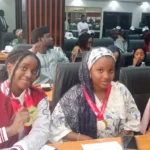
Why Recognition of Informal Hubs Matters
The significance of this move cannot be overstated. For decades, Nigeria has faced a mismatch between the education system and the labour market. Universities churn out graduates in fields with few opportunities, while industries struggle to find skilled technicians, artisans, and innovators. Informal hubs have been filling this gap quietly, but without government support, their potential has been capped.
The recognition of hubs like Panteka has several implications:
- Youth Empowerment and Crime Reduction: With more than 38,000 young people actively learning in Kaduna’s Panteka alone, these hubs serve as alternatives to idleness and crime. Formal recognition could strengthen their role in keeping young people engaged.
- Job Creation and Poverty Alleviation: Nigeria’s unemployment rate remains among the highest in Africa. Supporting informal hubs means empowering thousands of small entrepreneurs who, in turn, create jobs for others.
- Export and Global Competitiveness: Informal hubs are already exporting. Aba’s Ariaria Market has sent shoes to Botswana, while Panteka ships products to neighbouring countries. With modern equipment and recognition, they could become global players.
- Bridging Educational Inequality: Formal education remains expensive and inaccessible for many. By subsidising training at informal hubs, the government is offering an inclusive path for skills acquisition, ensuring that poverty is not a barrier to learning.
For Nasiru Adamu, National President of Panteka, the government’s move is a long-overdue acknowledgment of their role in nation-building. He has called for acceptance of NSQF certificates earned at Panteka centres and revisions to the curriculum to better reflect the realities of informal training. “We have been doing the work of building skills and creating jobs. Now, with recognition, we can do even more,” he said.
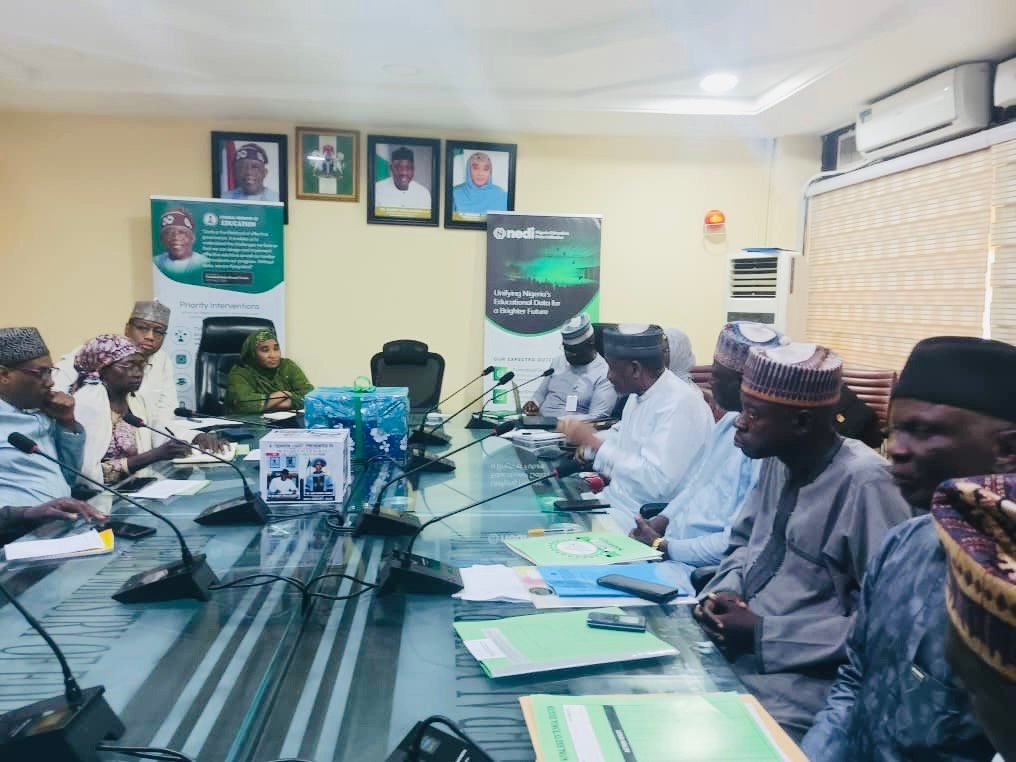
A Turning Point for Nigeria’s Future
There is an unspoken truth here: Nigeria has never lacked talent, only structures to nurture it. From Aba’s shoemakers to Lagos’ computer repairers, informal hubs have always been the country’s silent innovators. What they lacked was the government’s validation, support, and global linkages.
The recognition of Panteka and similar centres represents a turning point for Nigeria’s education and economic future. It demonstrates a willingness to rethink what education looks like in a country where millions are outside the formal school system. It acknowledges that the welder in Kaduna, the phone technician in Lagos, or the shoemaker in Aba are as critical to Nigeria’s development as the university graduate in Abuja.
But beyond policy announcements, the challenge lies in implementation. Will the funds be released consistently? Will accreditation remain accessible and fair? Will corruption and bureaucracy choke the initiative before it takes root? These are the questions many Nigerians are quietly asking.
Still, if the government can deliver, Nigeria may just unlock one of its biggest economic assets—its informal training hubs. And when that happens, the sight of apprentices in Panteka hammering away at metal may no longer be seen as a symbol of survival, but as the beating heart of Nigeria’s industrial revival.
Join Our Social Media Channels:
WhatsApp: NaijaEyes
Facebook: NaijaEyes
Twitter: NaijaEyes
Instagram: NaijaEyes
TikTok: NaijaEyes


